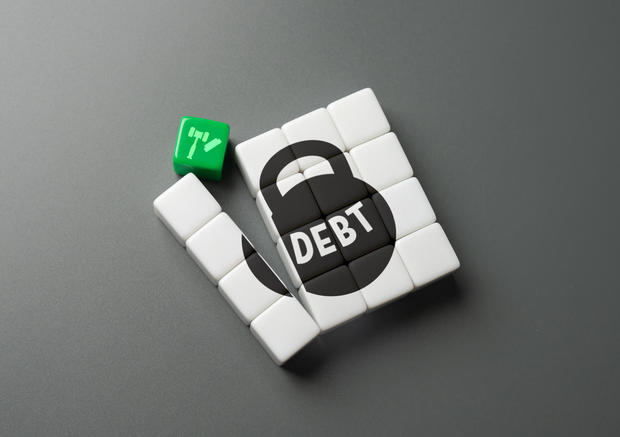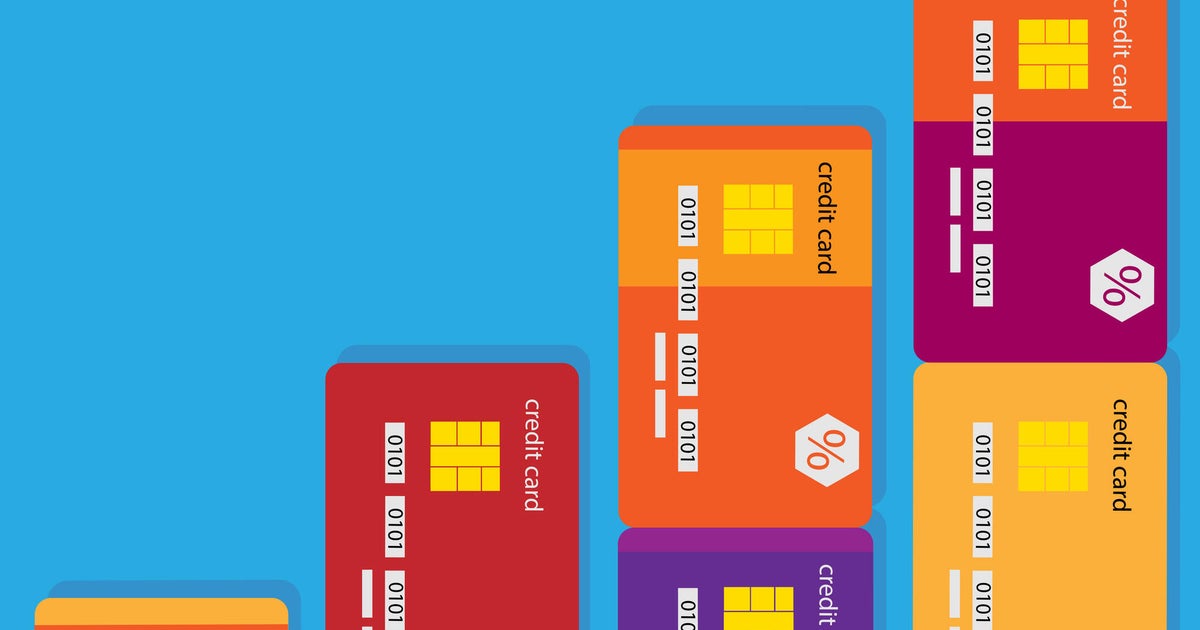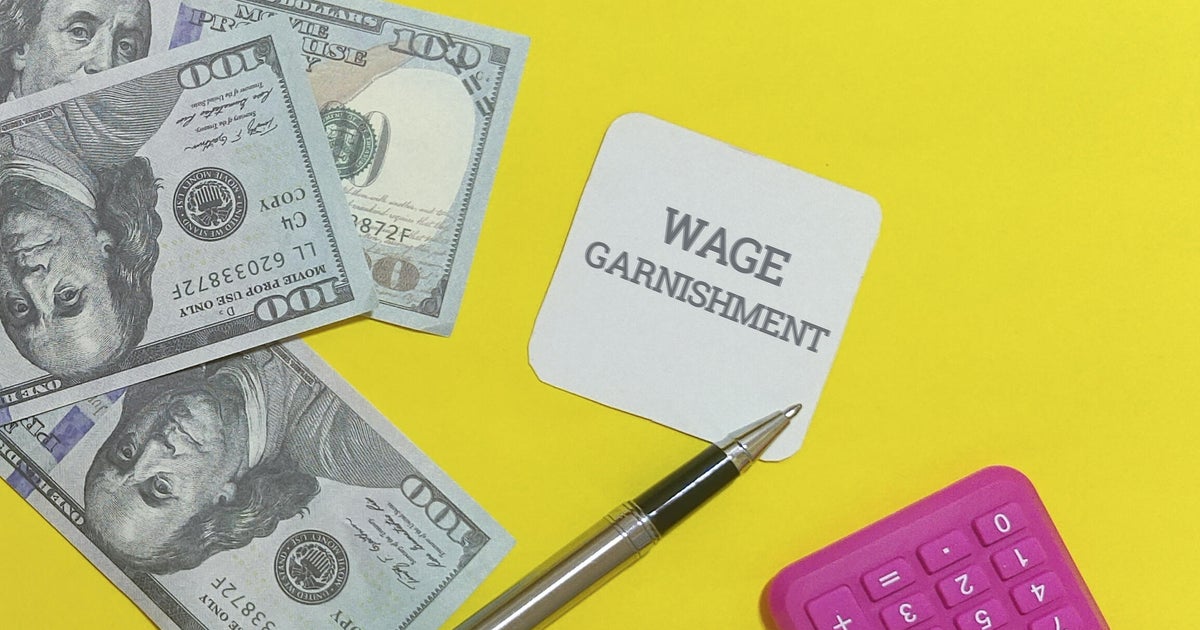7 credit card debt relief strategies that really work
The current economic landscape has become increasingly challenging for many individuals and households. Between higher-than-expected (and stubborn) inflation and the high-rate environment meant to temper it, managing personal finances has become an uphill battle. One area where this strain is particularly evident is credit card debt. As credit card interest rates climbed to an average of over 21% over the last couple of years, the burden of paying off credit card debt has grown exponentially, leaving many people grappling with the stress of affording their monthly payments.
This financial strain is compounded by the simultaneous rise in the cost of living, with essentials such as rent, groceries and gasoline experiencing significant price hikes due to inflation. As a result, many households find themselves stretched thin, struggling to allocate their limited resources across multiple fronts. And, the weight of mounting credit card debt, coupled with the increasing costs of daily necessities, has left many people feeling overwhelmed and seeking effective strategies to regain control of their financial situation.
Fortunately, there are credit card debt relief strategies that can provide respite and pave the way toward a more stable financial future. While the path to debt relief may seem daunting, a proactive approach and a willingness to explore various options can make a significant difference.
Find out what the right debt relief options are for you online now.
7 credit card debt relief strategies that really work
If you need to get out of credit card debt, one of the following approaches could make sense:
Debt management
One of the most straightforward approaches to managing credit card debt is through a debt management plan. This strategy involves working with a credit counseling agency or a debt relief service that negotiates with creditors on your behalf to secure lower interest rates and potentially waive certain fees. By consolidating multiple credit card payments into a single monthly payment, a debt management plan can simplify the repayment process and provide a structured path toward becoming debt-free.
Explore your debt relief options and get help paying off what you owe today.
Debt consolidation
Consolidating multiple credit card balances into a single loan can be an effective way to streamline payments and potentially secure a lower overall interest rate. There are two primary options for debt consolidation:
- Debt consolidation loans: These loans involve taking out a new lower-rate loan and using the funds to pay off your outstanding balances. By consolidating multiple payments into a single debt consolidation loan payment, you can potentially save on interest charges and simplify the credit card debt repayment process.
- Debt consolidation programs: Many debt relief companies offer debt consolidation programs that work similarly to debt consolidation loans. The main difference is that rather than borrowing directly from a bank or credit union, you work with a debt relief company to get a debt consolidation loan from a lending partner instead. You then make monthly payments directly to the debt relief company to pay off what you owe.
Debt settlement
For those struggling with significant credit card debt and who are unable to make the minimum payments on what they owe, debt settlement may be an option worth considering. With this strategy, the debt relief company negotiates with your creditors to accept a lump-sum payment that is less than what you owe in exchange for settling the debt. But it's worth noting that while this approach can significantly reduce the overall debt burden, it may have a negative impact on your credit score.
Balance transfers
If you have good credit but also have a high amount of credit card debt to tackle, you may be able to take advantage of balance transfer offers from credit card issuers. These offers typically allow you to transfer existing balances to a new card with a lower introductory interest rate, providing temporary relief and an opportunity to pay down the debt more quickly.
Debt snowball or debt avalanche
Both of these methods involve prioritizing the repayment of your debts in a strategic manner. With the debt snowball method, you focus on paying off the smallest credit card balances first. The debt avalanche method, on the other hand, targets the debts with the highest interest rates initially. Both approaches can help build momentum and provide a sense of accomplishment as you gradually eliminate your outstanding balances.
DIY debt negotiations
In some cases, you may be able to negotiate directly with your creditors to secure more favorable repayment terms, such as lower interest rates or waived fees. This approach requires persistence and a willingness to engage in open communication with your creditors, but if it's successful, the payoff is less interest on what you owe.
Bankruptcy
While bankruptcy is a drastic step to take, it may be the most viable option for those facing overwhelming debt with no realistic path to repayment. By filing for bankruptcy, you can either discharge certain types of debt (Chapter 7) or reorganize your finances and establish a court-approved repayment plan (Chapter 13). However, it's crucial to understand that bankruptcy carries significant long-term consequences for your credit and financial future.
The bottom line
Regaining control over credit card debt often requires a multi-faceted approach tailored to your unique circumstances. But by exploring and implementing the strategies that best align with your financial situation, you can pave the way toward a future free from the burden of overwhelming debt.
This story has been updated to clarify the difference between debt management and debt consolidation programs.




